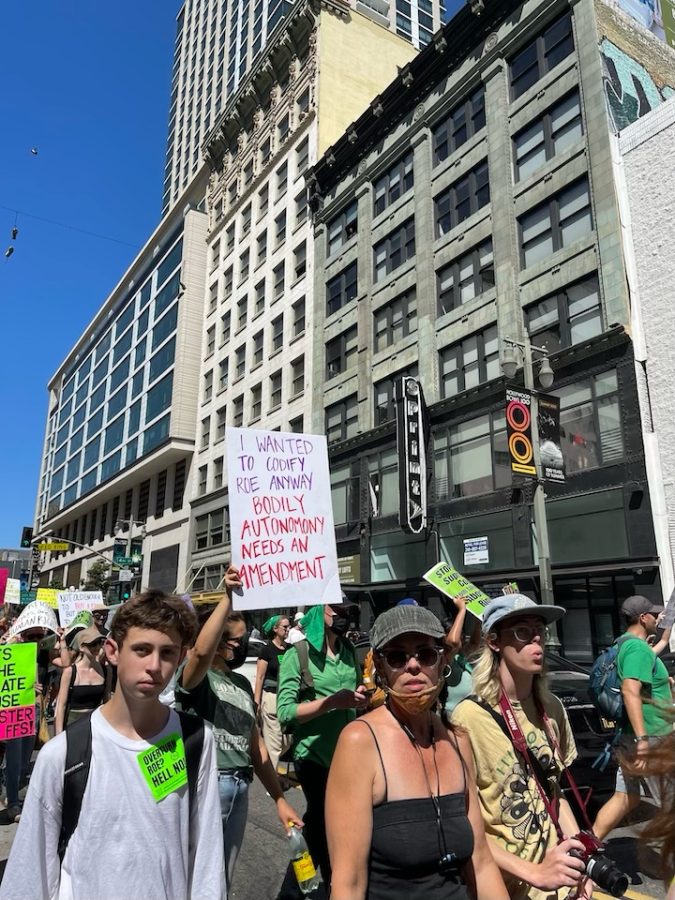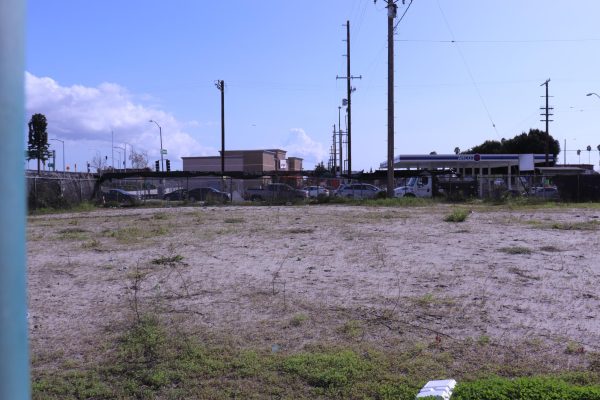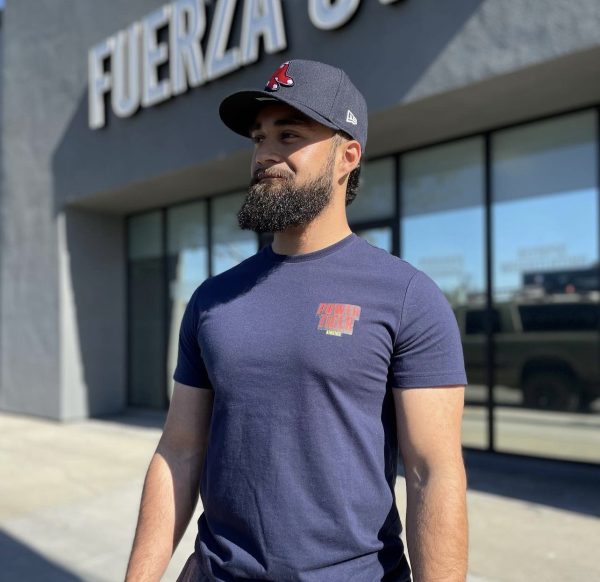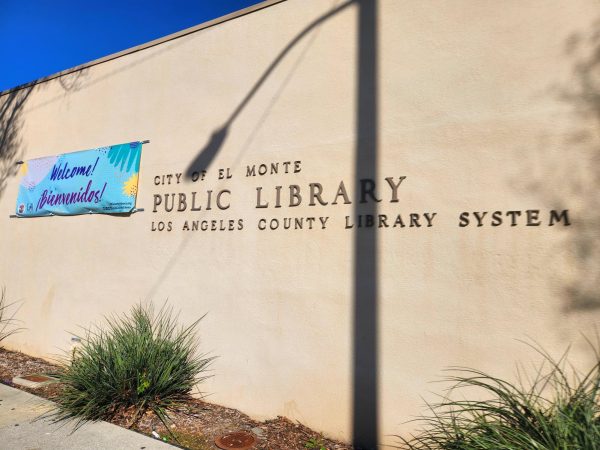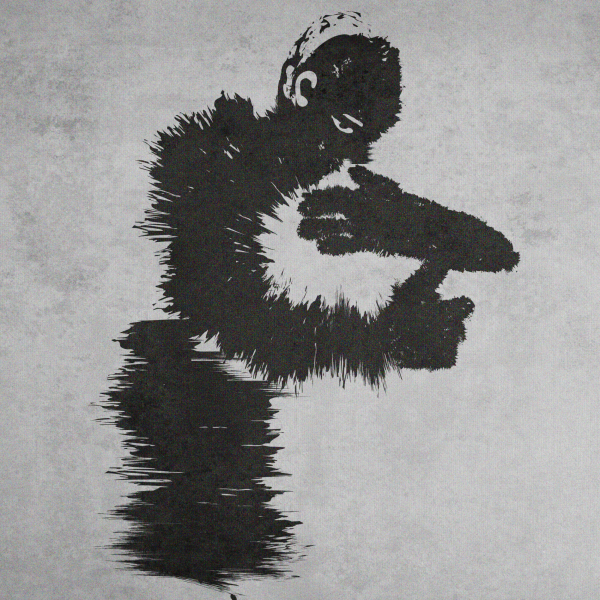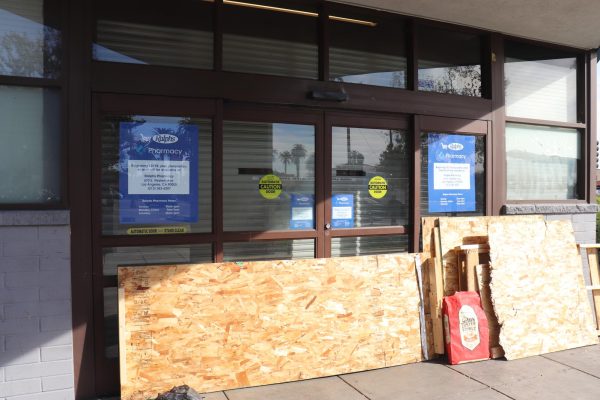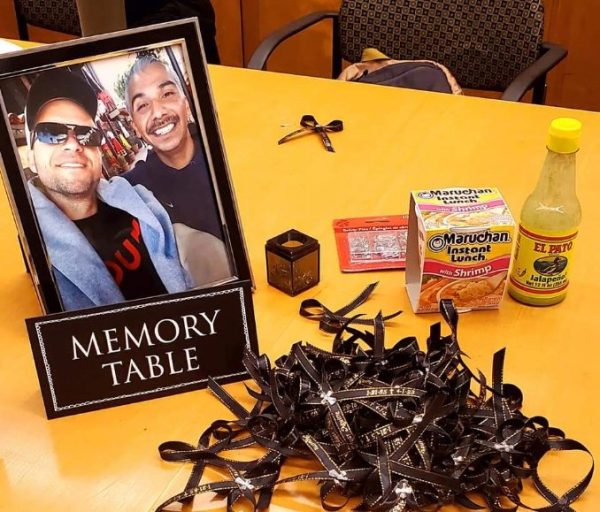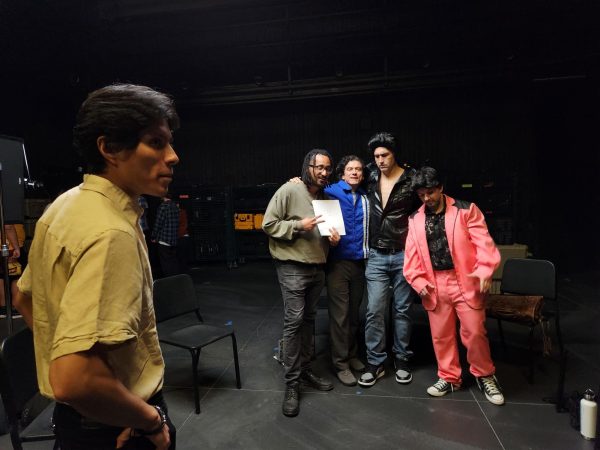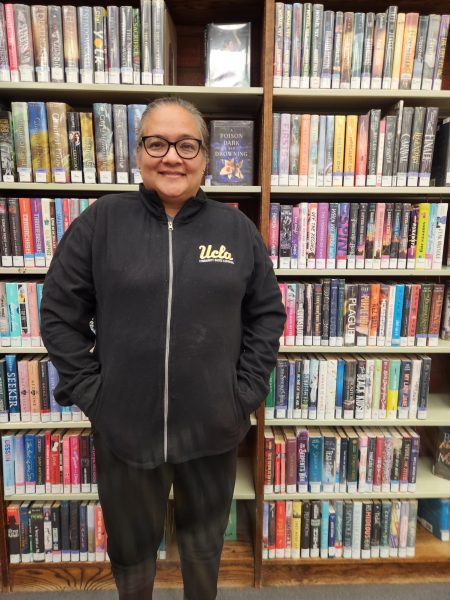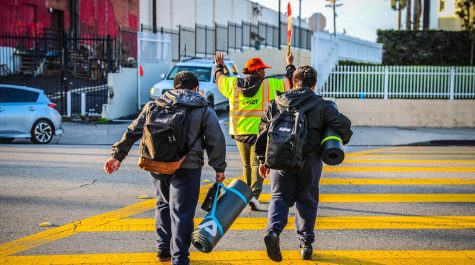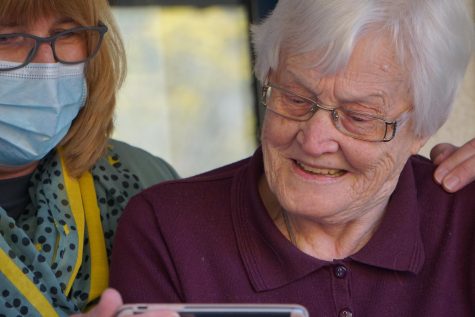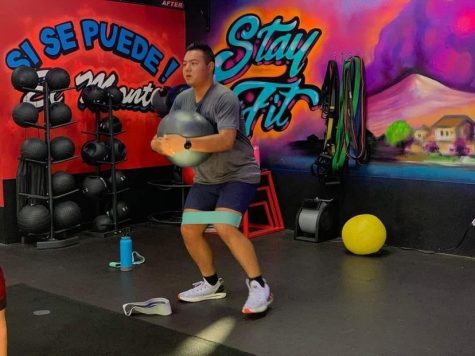Prop. 1: Access and affordability of abortion services are on the line in the November election
Supporters of abortion rights hold their signs during a protest on June 26, 2022, in DTLA. (Photo Courtesy by Denis Akbari)
Supporters of a statewide ballot measure to widen access to and affordability of reproductive healthcare say it is a basic human right while opponents offer preventative measures for abortion.
Proposition 1, which is called the Constitutional Right to Reproductive Freedom measure, will appear on the ballot in the Nov. 8, 2022 election. This statewide ballot measure would prevent the state from interfering with someone’s reproductive freedoms, including their decision to have an abortion or to use contraceptives, according to the amendment itself.
The measure comes almost five months after the Supreme Court effectively overturned Roe v. Wade, ending federal protections for abortion rights.
Opponents say that people and groups should put more energy into preventing the need for abortions and some say that an unborn child is a person with the right to live, according to the bill’s analysis. The measure has also been criticized for being too vague.
Norma Salamanta, who lives in Inglewood, said she is worried about how this ballot measure may affect people’s lives if it doesn’t pass.
“People will feel like they don’t have control over their own bodies and their own person,” said Salamanta, a Cal State LA student. “The government telling women if they can or cannot have a baby; it’s an invasion of privacy and it could be life-changing.”
Andy Barrientos, a City Terrace resident, thinks that if Prop. 1 doesn’t pass, that would reduce the voice that women have over their own bodies.
“It would mean not giving them equal opportunity to decide what they want to do with their own bodies and their own decisions,” Barrientos, a Cal State LA student, said.
Salamanta thinks that there isn’t a logical reason why people will be against this measure other than their own religious views. She believes that if the measure passes, people who are anti-abortion will be enraged by it, and perhaps push for more restrictions.
“People tend to put a lot of religion into politics. Biologically speaking, it’s not a baby until later in the pregnancy,” she said. “Religious views shouldn’t be a factor in politics and biology.”
On the other hand, Salamanta believes if the measure is approved, it would go far in supporting low-income communities and people of color.
“Statistically speaking, these communities are the ones that have unexpected pregnancies that they can’t afford,” she said. “They probably shouldn’t have a baby but it’s up to them to decide. This measure wouldn’t personally affect me but it’s not about me. It’s about everyone.”
Boyle Heights resident Mariana Mora believes that abortion is a matter between the person and their healthcare provider.
“I don’t think it should be anybody else’s business. I think it should be your choice,” said Mora, a Cal State LA student. “If you have any doubts, a medical professional should help you through it. The government shouldn’t decide this. They don’t have any medical background.”
Susana Morales, a resident of San Gabriel Valley, thinks that abortion is sometimes the best available option for women who have been abused or cannot take care of a child.
“People don’t take into consideration rape, incest, and the fact that women are trying to make decisions to terminate because it’s in their best interest or even in the best interest of the child,” she said. “Maybe they just can’t take care of the child if they were to go through with the pregnancy.”
Morales is also a mother and this ballot measure could directly affect her and her family.
“I know that if the day ever comes where my daughter is in that situation, and she doesn’t want to go through with any kind of pregnancy, I want her to be able to decide that,” she said. “I would not want her to be restricted in being able to make a decision.”
Morales thinks voting in the upcoming election is crucial regardless of one’s political position. She didn’t think about voting before but now she has changed her mind.
“This particular bill is a perfect example of how local decisions can have a huge impact,” she said. “I think it’s really important to vote because, when we go out to vote, we can make a difference.”

Denis Akbari is a senior majoring in Computer Information Systems with a minor in Journalism and she works for the University Times as Digital Editor....

